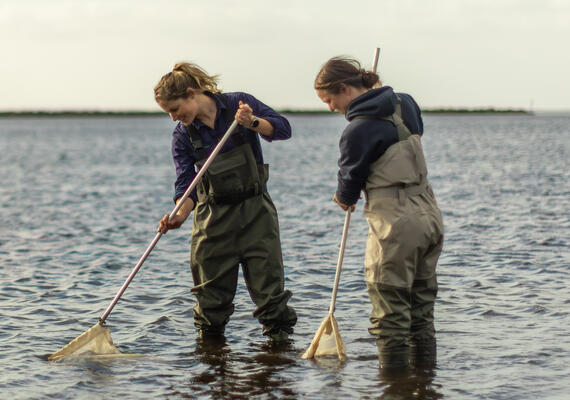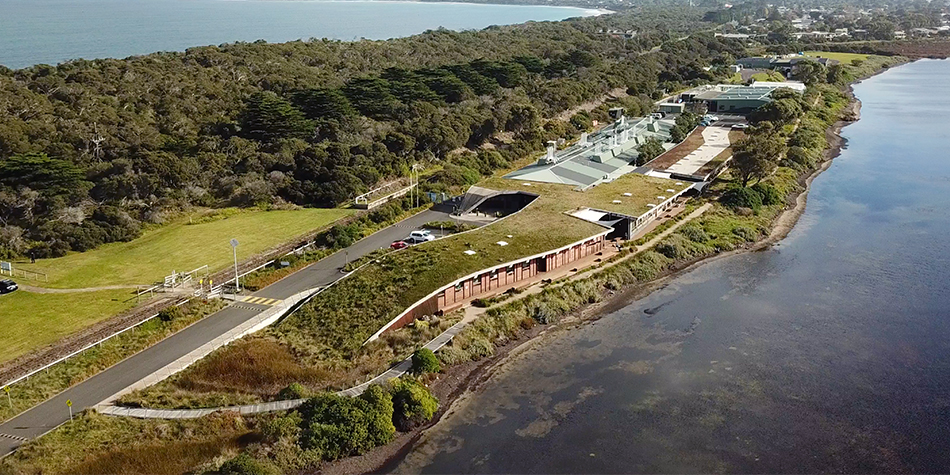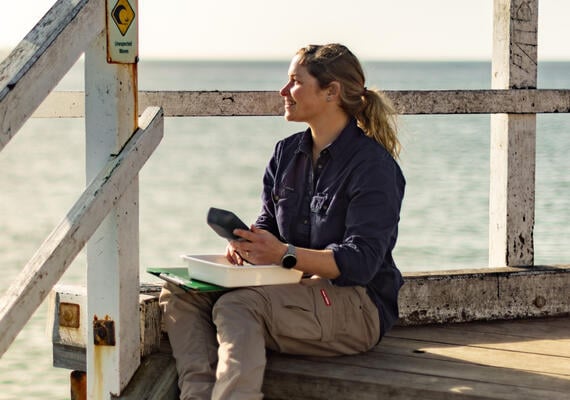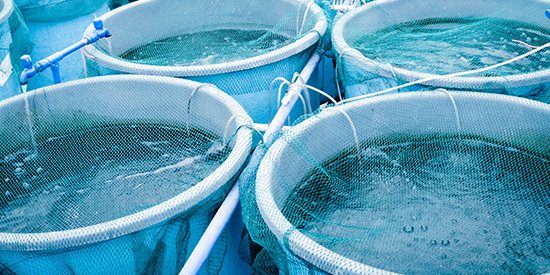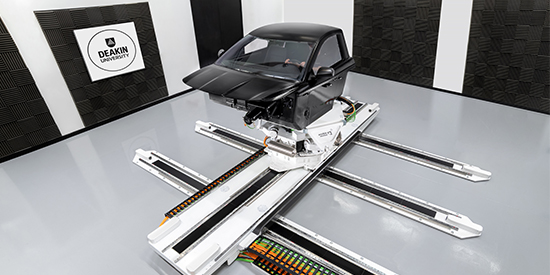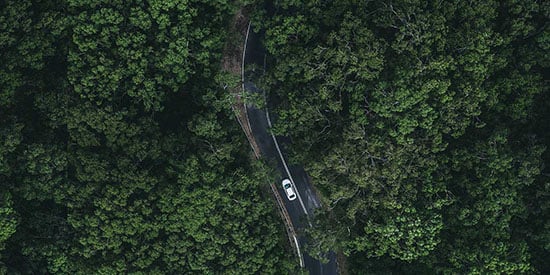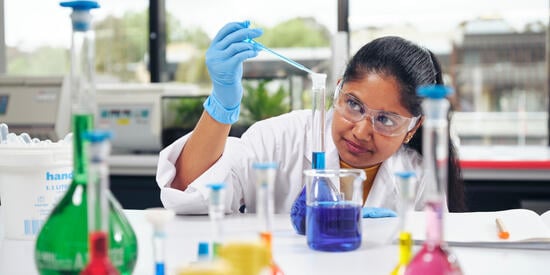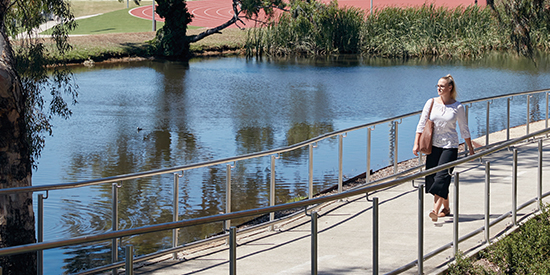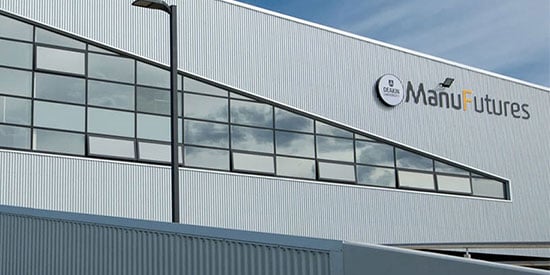Dr Prue Francis teamed up with Dr Paul Venzo from the Faculty of Arts and Education to write and publish a children's book called "The Great Southern Reef". The book is an important tool in assisting primary school teachers in increasing ocean literacy in their students.
The idea for the book came from Prue and her research team reviewing ocean picture books, where it was revealed that there was little representation of picture books focused on Australia’s temperate region.
Further research conducted in primary schools showed that teachers were not confident enough in their knowledge to teach about the ocean in the classroom.
Prue and Paul got together to write a picture book to support teachers by using an easy and familiar resource for introducing new concepts to children, with a few different goals:
'There are a few hidden agendas here. Not only do we want to raise awareness for the Great Southern Reef and improve ocean literacy in schools - that was ultimately the biggest goal - but there were some underlying messages that we wanted to be part of the book not only for our research interests but for our personal interests as well.
'Female leaders in Marine Science are under-represented, so Professor Seaweed – the story’s main protagonist - represents this and makes small ripples of change from the stereotypical "crazy-haired, white male" scientist often portrayed in picture books.'
'We wanted to ensure that the two children featured in the story represented gender-neutral children through their names and appearance. So that not only can a boy and a girl relate to the story, but also a non-binary child can also relate to the characters and immerse themselves in the story.'
